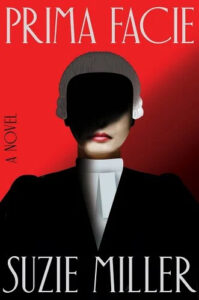I’m far from being the first ex-lawyer to turn fiction writing. While my book Prima Facie is a book of fiction that definitely focuses on the law, other lawyers don’t always deal with the law specifically. Lawyers do, however, tend to interrogate ideas and systems in their work.
What is it that an ex-lawyer brings to their writing that feels so exciting? All writers are unique in their preoccupations and stories, but to my mind they seem to incorporate into their work the way lawyers are trained to think about story and information. All lawyers (and specifically criminal lawyers) are trained to go beneath the story on the surface and to reflect on how and when social systems have played roles in a story or a person’s life. Something has been either exposed or repressed—and lawyers often consider whether that is based on a cultural or social structure, or rooted in an economic or political system. It seems that ex-lawyer writers consider that ideas are for interrogation and characters should be multifaceted and real. I think one shared aspect, whether conscious or not, is the dispassionate manner in which ex-lawyers unravel strands of story and aspects of character in order to explore an overall theme or question something.
As trained and practicing lawyers we were all expected to view words as powerful, persuasive and capable of changing the narrative of a person, history or even a country. I think when lawyers approach writing for fiction or non-fiction, they are completely aware of how significant their choices of worlds, words and characters are.
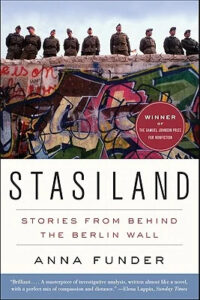
Anna Funder, Stasiland
One of my favorite lawyers-turned-writers is Anna Funder—an Australian writer who wrote an amazing book some time ago called Stasiland. She ventured into East Germany post the unification of Germany and spoke with friends, interviewed ex-Stasi officers and those who were their victims, and weaved together a non-fiction book of her journey. It was a clear unveiling of real stories of those who had endured the oppression of Eastern Germany, and also about the motivations and collusion of the Stasi officers, but so too did it include her own musings throughout of living and wandering around Germany. More recently and in a similar style Funder completed Wifedom that looks at how a famous male writer—Orwell—left his wife out of his life story and failed to credit her for the ways she assisted him in his political actions and his writing works. This book was a great read not only for the story but to see a masterful unravelling of an invisible woman’s story alongside the one that we have always been told is the main one.
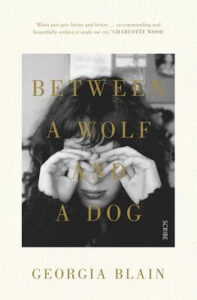
Georgia Blain, Between a Dog and a Wolf
Another favorite and much loved Australian lawyer-turned-writer is Georgia Blain. Blain wrote both fiction and non-fiction, and while her work did not specifically look at the legal system, she also looked outside the usual stories and found voices in the spaces in between stories to elaborate on and bring to life.
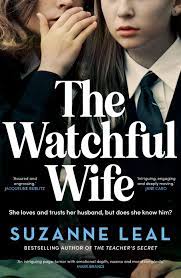
Suzanne Leal, The Watchful Wife
Suzanne Leal, another Australia ex lawyer, writes fiction. Her latest work, The Watchful Wife, is a crime story with strong characters in which the question is posed: ‘She loves and trusts her husband, but does she know him?’
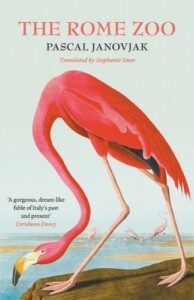
Pascal Janovjak, The Rome Zoo
Translated by Stephanie Smee
Stephanie Smee is an Australian ex-lawyer who has mastered the translation of books from French to English. The book she has most recently translated (to perfection) is The Rome Zoo by Pascal Janovjak. It inspires me to think that an ex-lawyer has worked so beautifully with the ideas of another writer.
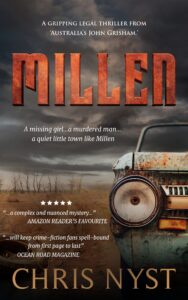
Chris Nyst, Millen
For a book that has been inspired by a real-life by a real lawyer, try Millen by Chris Nyst. It features a flashy lawyer Eddie Moran and is inspired by a real murder case the author worked on. It’s set in outback Queensland in the aftermath of a brutal government enquiry into police corruption.
***


